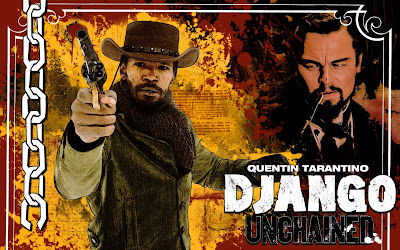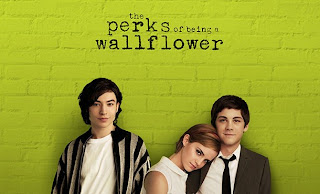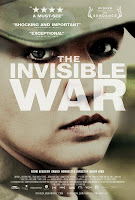"You keep using that word. I do not think it means what you think it means."
~ Inigo Montoya, The Princess Bride
I know that many people get "who", "which" and "that" confused while writing.
Here are their definitions:
who
pronoun
1 [ interrog. pron. ] what or which person or people:
who is that woman? | I wonder who that letter was from.
2 [ relative pron. ] used to introduce a clause giving further information
about a person or people previously mentioned:
Joan Fontaine plays the mouse who married the playboy.
• archaic the person that; whoever: who holds the sea, perforce doth hold the land.
which
interrogative pronoun & adjective
asking for information specifying one or more people or things from a definite set:
[as pron. ] which are the best varieties of grapes for long keeping? |
which of the suspects murdered him? |
[as adj. ] which way is the wind blowing?
which
relative pronoun & adjective
used referring to something previously mentioned
when introducing a clause giving further information:
[as pron. ] a conference in Vienna, which ended on Friday |
[after prep. ] it was a crisis for which he was totally unprepared |
[as adj., after prep. ] your claim ought to succeed,
in which case the damages will be substantial.
that
pronoun (pl. those)
1 used to identify a specific person or thing observed by the speaker:
that's his wife over there.
• referring to the more distant of two things near to the speaker
(the other, if specified, being identified by “this”): this is stronger than that.
2 referring to a specific thing previously mentioned, known, or understood :
that's a good idea | what are we going to do about that?
3 [often with clause ] used in singling out someone or something
and ascribing a distinctive feature to them:
it is part of human nature to be attracted to
that which is aesthetically pleasing |
his appearance was that of an under-grown man |
they care about the rights of those less privileged than themselves.
4 ( pl. that ) [ relative pron. ] used to introduce a defining or restrictive clause,
esp. one essential to identification
• instead of “which,” “who,” or “whom”: the book that I've just written.
• instead of “when” after an expression of time: the year that Anna was born.
that
adjective (pl. those)
1 used to identify a specific person or thing observed or heard by the speaker:
look at that man there | how much are those brushes?
• referring to the more distant of two things near to the speaker
(the other, if specified, being identified by “this”).
2 referring to a specific thing previously mentioned, known, or understood:
he lived in Mysore at that time | seven people died in that incident.
3 [usu. with clause ] used in singling out someone or something
and ascribing a distinctive feature to them:
I have always envied those people who make their own bread.
4 referring to a specific person or thing assumed as understood
or familiar to the person being addressed :
where is that son of yours? | I let him spend all that money on me |
Dad got that hunted look.
that
adverb [as submodifier]
to such a degree; so: I would not go that far.
• used with a gesture to indicate size: it was that big, perhaps even bigger.
• [with negative ] informal very: he wasn't that far away.
that
conjunction
1 introducing a subordinate clause expressing a statement or hypothesis:
she said that she was satisfied | it is possible that we have misunderstood.
• expressing a reason or cause: he seemed pleased that I wanted to continue.
• expressing a result: she was so tired that she couldn't think.
• [usu. with modal ] expressing a purpose, hope, or intention:
we pray that the coming year may be a year of peace | I eat that I may live.
2 [usu. with modal ] poetic/literary expressing a wish or regret:
oh that he could be restored to health.
Who vs. That vs. Which
Rule 1
Who refers to people. That and which refer to groups or things.
Examples:
Anya is the one
who rescued the bird.
Lokua is on the team
that won first place.
She belongs to an organization
that specializes in saving endangered species.
Rule 2
That introduces essential clauses while
which introduces nonessential clauses.
Examples:
I do not trust products
that claim "all natural ingredients" because this phrase can mean almost anything.
We would not know
which products were being discussed without the
that clause.
The product claiming "all natural ingredients,"
which appeared in the Sunday newspaper, is on sale.
(The product is already identified. Therefore, which begins a nonessential clause.)
NOTE: Essential clauses do not have commas surrounding them while nonessential clauses are surrounded by commas.
Rule 3
If this, that, these, or those has already introduced an essential clause, you may use which to introduce the next clause, whether it is essential or nonessential.
Examples:
That is a decision which you must live with for the rest of your life.
Those ideas, which we've discussed thoroughly enough, do not need to be addressed again.
NOTE: Often, you can streamline your sentence by leaving out which.
Example:
That is a decision which you must live with for the rest of your life.
Better:
That is a decision you must live with for the rest of your life.
A quiz is available here:

















































